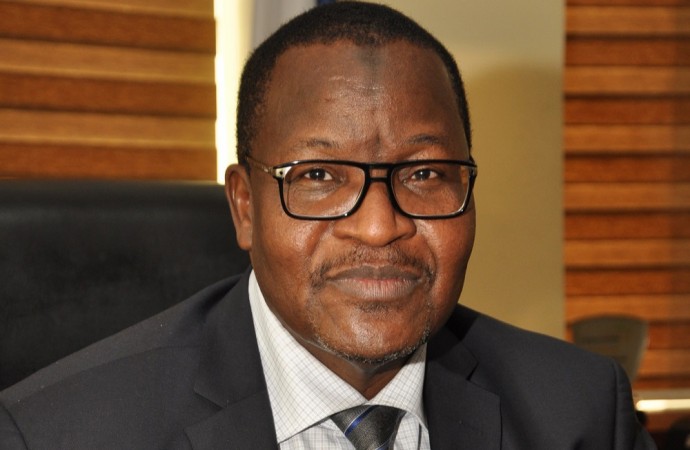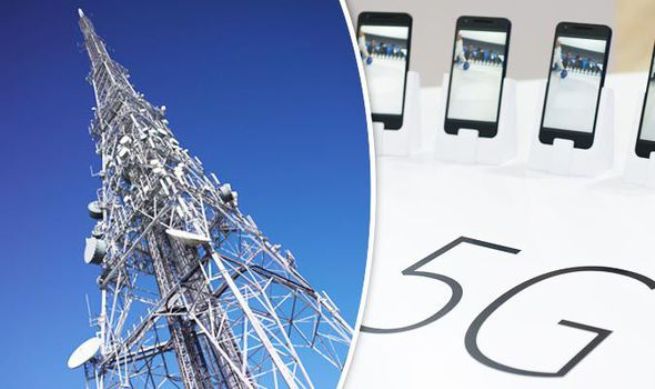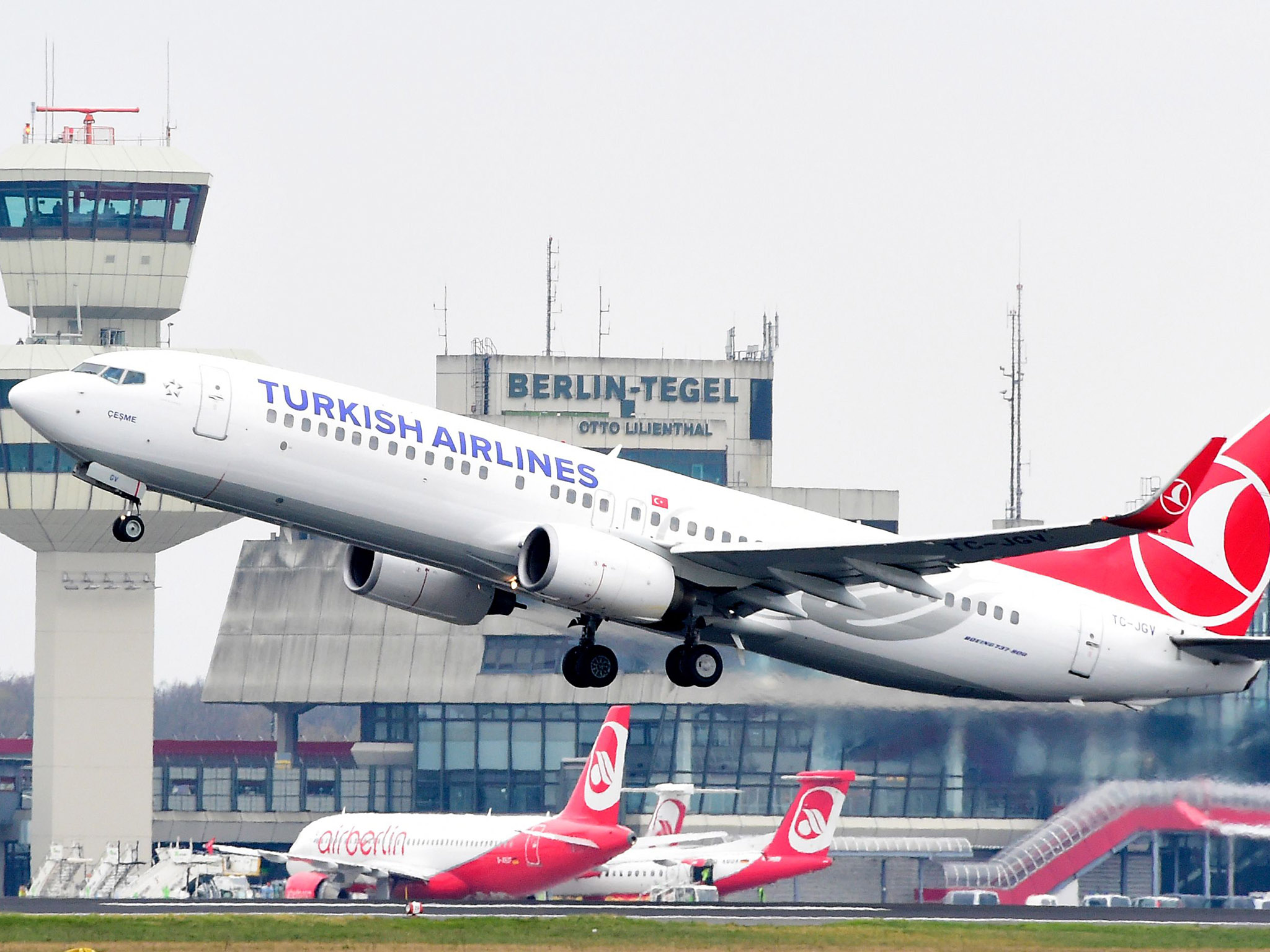The Nigerian Communications Commission (NCC) says it will auction the Fifth Generation Technology (5G) spectrum by the Fourth Quarter (Q4) of 2021.
Executive Vice-Chairman (EVC) of the NCC, Prof. Umar Danbatta, disclosed this at the maiden International Conference on Information and Engineering Systems (ICIES) on Thursday at Nile University, Abuja.
The conference is centered on “Multidisciplinary Engineering and Applied Sciences”.
Danbatta, represented by NCC Director of Technical Standard, Mr Bako Wakil, noted that for the process of the allocation auctioning, assigning and commercialisation of 5G spectrum to be seamless and successful, the Federal Government must provide an enabling environment.
“The government will provide an enabling environment for 5G deployment, but the MNOs will determine their own deployment strategies, subject to alignment with approved polices and other regulatory instruments in force.
“Securing spectrum for 5G is an antecedent for any operator to commit serious investment to 5G infrastructure.
“This makes it imperative for the spectrum allocation and assignment process to be concluded as early as possible.
“The following timeline is proposed as optimal in the policy document 5G Spectrum Allocation (Q2 2021) 5G Spectrum Auction (Q4 2021) 5G Spectrum Assignment (Q1 2022) and Commercialisation of 5G Spectrum (Q4 2022).
The EVC, who spoke on the topic “5G Deployment: Catalyst for Digital Transformation in Nigeria”, noted that researches and tests had been carried out on the hazardous impact of electromagnetic emissions from 5G and that they were far below the minimum required standard.
He, however, expressed optimism that 5G indeed was a catalyst for digital transformation in Nigeria and around the world, as it would digitalise and greatly impact the economy of the country.
“The plan to deploy 5G technology creates need for study of the electromagnetic radiation levels which will be generated by the 5G infrastructure.
“These tests were conducted in accordance with the International Commission on Non-lonizing Radiation Protection (ICNIRP) Guidelines for general public exposure to time varying electromagnetic fields.
“The results of the test show that radiation from 5G infrastructure is far below the ICNIRP specification for protection of members of the public and therefore, suggest that no public health hazards are expected from the use of 5G in Nigeria.
“Scientific evidence from studies carried out by the Institute of Electrical and Electronics Engineers (IEEE), the United Nations Environment Program (UNEP) and the World Health Organisation (WHO), all show that exposure to radio frequencies are safe and does not cause or initiate the occurrence of cancers.
“We are hopeful that the 5G revolution will transform our nation and the economy digitally and become a developmental revolution as well as digital transformation tools, reaching out and bringing benefits to everyone everywhere,” he said.
Earlier, the Vice Chancellor, Nile University, Prof. Osman Aras, explained that the conference would provide an enabling platform for students, researchers and professionals in the industry to share views on current research work for advancement of knowledge, technology and multidisciplinary research.
Aras said the conference would not have any meaning without reaching end users or put to practical use, otherwise, there would be volumes of knowledge on the shelves and internet without consumers.
“This will form collaborations for advancement of knowledge, technology and multidisciplinary research.
“We are in an era which has shaped our lives in such a way that our major concerns are contributions to the well-being of others, presently and in the time to come.
“The outcomes of this conference will therefore, have no meaning unless they reach the end users or put to practical use. Otherwise, we shall have volumes and volumes of knowledge, some on our shelves and others on the internet without any consumer.
“Many academicians have become aware of this fact as the number of conferences and participants increase dramatically.”
Prof. Steve Adeshina of the Nile University, who was also the Chairman of the conference, explained that the conference was a collaboration between the Faculty of Engineering and the Faculty of Natural and Applied Sciences.
Adeshina said: “The conference is indeed a testament of the cooperation that exists between the two faculties.
“The ICIES is to provide an enabling platform for students, researchers and professionals in the industry across various fields of engineering and applied sciences to share their current research works, exchange ideas and form collaboration for advancement of knowledge, technology and multidisciplinary research,” he said.






